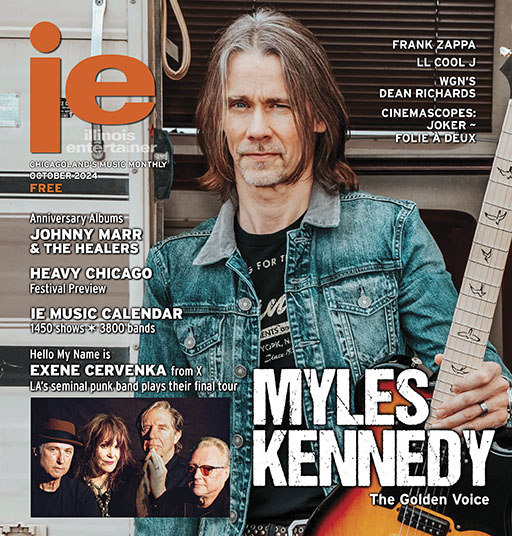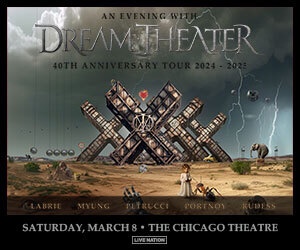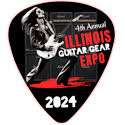Spins: Bob Marley and the Wailers • The Capitol Session ‘73
Bob Marley and the Wailers
The Capitol Session ‘73
(Tuff Gong/Mercury/Universal)
After October 1973 shows in San Francisco during October 1973, producer Denny Cordell brought reggae pioneers Bob Marley and the Wailers to Los Angeles for a session at the famed Capitol Studios. The results are this 12-song CD and film, released for the first time after nearly 50 years. The set features material from 1973 albums Catch a Fire and the (then) newly released Burnin’, which the Wailers were supporting at the time. Captured as the 28-year-old Marley and his band was still working tirelessly against steep odds to gain recognition, The Capitol Session ’73is powerful both as a musical statement and historical document. The opening track is Peter Tosh’s “You Can’t Blame the Youth,” with a message to the establishment that young people can’t be fooled with mind control. Misleading school lessons about Christopher Columbus, Marco Polo, and the pirate Hawkins are criticized, along with the practice of giving little boys toy weapons of warfare for Christmas. The Wailers line-up features Tosh, singer/percussionist Joe Higgs, keyboardist Earl “Wya” Lindo, influential bassist Aston “Family Man” Barrett, and his drummer brother Carlton Barrett. In the film, the band members survey each other approvingly after completing the blissful love song “Stir it Up.” Carlton and Family Man are a dynamite rhythm section on tracks like “Kinky Reggae,” which features effortless and intuitive vocal interplay between Marley, Tosh, and Higgs. Lindo switches between shimmering organ and hypnotic electric piano soloing during the potent “Slave Driver.” Fresh cut “Burnin’ and Lootin’” creates a vibe that is paradoxically both relaxed and urgent, all the better to help Marley convey his message of emancipation and justice. The album and film capture the latter days of Marley’s collaboration with Tosh. Bunny Livingston had already departed to seek his fortunes, and Tosh would soon follow suit. The pair blend their voices mesmerizingly on “Midnight Ravers,” but nowhere more so than on their newly released co-written anthem “Get Up Stand Up.” Marley had not yet gained his legend, and the song was not yet recognized as one of popular music’s most powerful protest songs. Both were on the way, though. The Capitol Session ’73 holds the proof.
– Jeff Elbel
8 of 10













